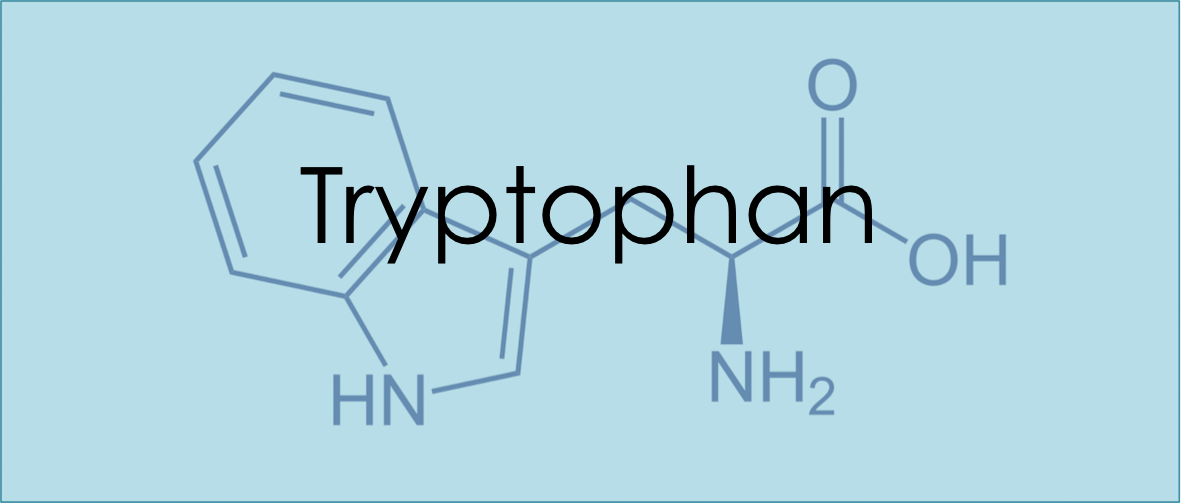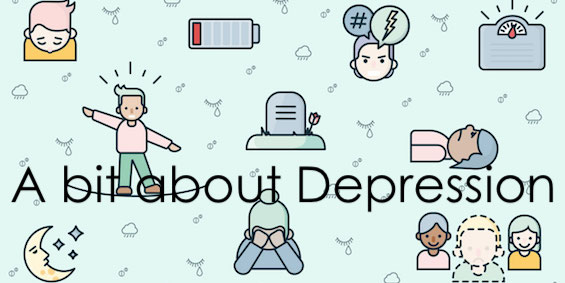Today’s post is about Tryptophan.
In our last post about Depression, Scott mentioned that the nutrients we need for good mental health include vitamin B6, tryptophan, zinc, iron and folate. So, today we are going to focus on tryptophan.
So, what is it?
Tryptophan is an essential amino acid, meaning that it cannot be produced in the body and so must come from food.
It plays a fundamental role in human nutrition and health and is required for normal growth. The body uses it to create several bioactive compounds including vitamin B6, serotonin and melatonin. It is required for the production and maintenance of the body’s proteins, muscles, enzymes, and neurotransmitters. The liver can also use tryptophan to produce niacin (vitamin B3), which is needed for energy metabolism and DNA production.
Its role in animal and human health can therefore impact on many diseases and conditions.
What is the connection to mental health?
Being one of the main building blocks for serotonin it is quite important to have a plentiful supply. It is a natural sedative and is one reason that you feel sleepy after a big meal of protein like turkey at Christmas. Research has also shown that if you have a low-tryptophan diet, brain serotonin levels drop.
Tryptophan can potentially be used by the body for a lot of different things but most of them lead back to serotonin, so lets have a look.
Because tryptophan helps make serotonin, which is responsible for things like arousal, perception, pain and mood, anything in those areas can be altered by tryptophan. For example, if you are trying to give up smoking, taking tryptophan supplements may help to reduce the cravings by changing your perception. In addition, low amounts of tryptophan in the body may contribute to depression and sleep disorders.
Serotonin also mixes with something called Sam-e to make melatonin that is a big player in the sleep wake cycle. Theoretically it can even be used to help with ADHD as low serotonin can show as poor impulse control.
Can diet make a difference ?
Tryptophan is commonly found in foods that contain protein. Although meat is often a key source of protein for many people, there are also many vegetarian and vegan sources as well as a supplement in powder form.
Interestingly if you suffer from fructose mal-absorption then this can reduce the levels of tryptophan that is available for use.
The following foods are good sources of tryptophan:
Salmon, Poultry, Eggs, Spinach, Seeds (such as pumpkin, sesame & sunflower), Milk, Nuts and Soy products.
So ensuring that your diet contains a variety of these foods can assist in maintaining your body’s levels of this essential amino acid.
It is easy to see that within the human body one little thing leads to another and then another. The body is a tangled web of neurotransmitters, enzymes, proteins and things that all interact with each other.
Tryptophan can react with a large number of other substances including herbal remedies so as always consult a professional before taking. Side effects can include tiredness, heartburn, GIT upset and headaches.
Till the next post,
Live clean n Prosper


